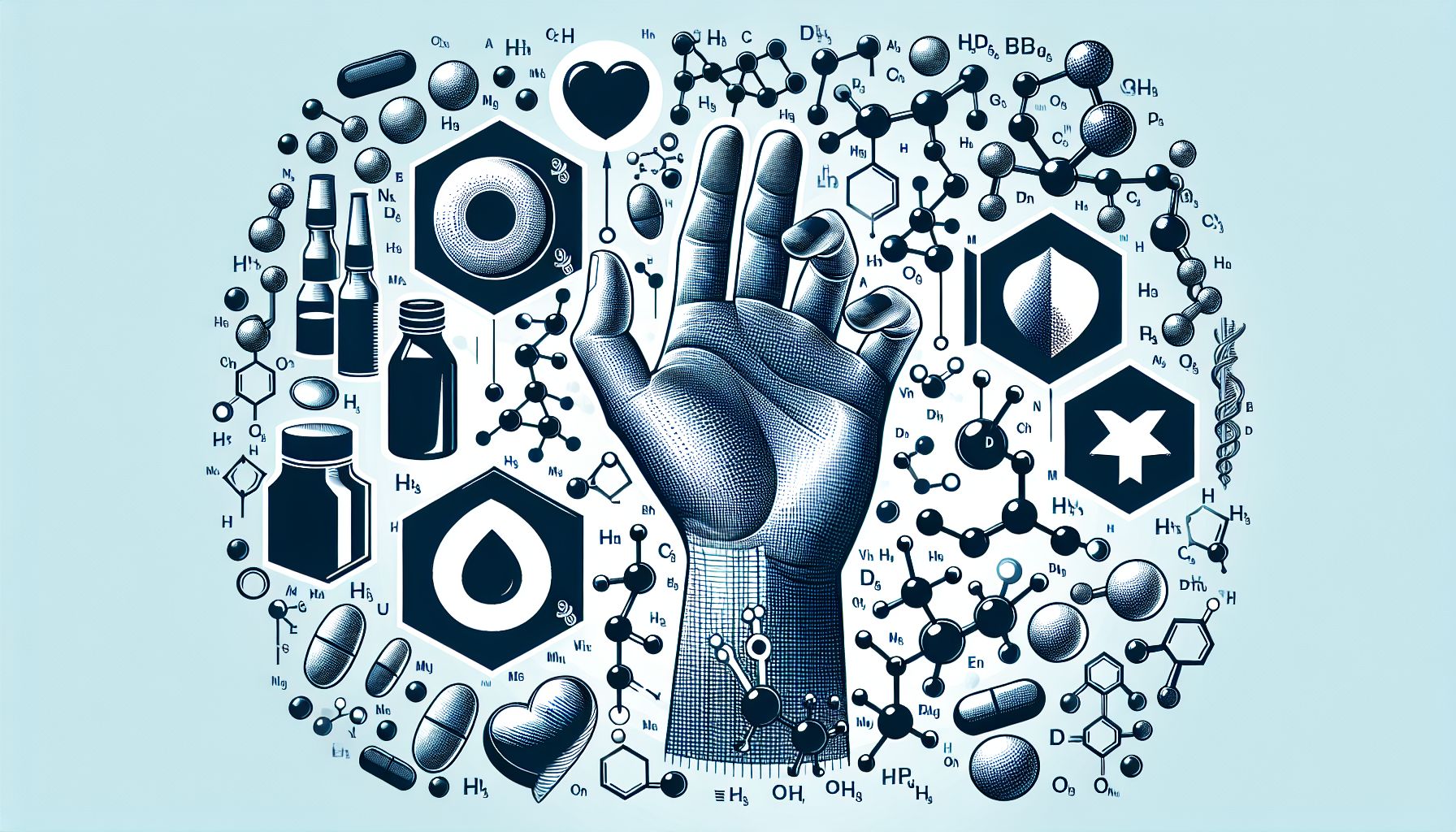- Home
- ABOUT US
- Administration
- Academics
- Admission & Fee
- Research
- Students Life
- Alumini
- Information Corner
- Picture Gallery
- NAAC
- FACILITIES
- CONTACT US
- NIRF

In the realm of nutrition, vitamins and minerals are crucial components that significantly contribute to overall health and well-being. These essential nutrients perform a myriad of functions in the body, from supporting the immune system to ensuring the proper functioning of cells and organs. Despite their importance, many individuals do not fully understand what vitamins and minerals are, how they work, and how to incorporate them into their daily lives effectively.
Vitamins and minerals are micronutrients that your body needs in small amounts to function correctly. While vitamins are organic compounds made by plants or animals, minerals are inorganic elements that come from the earth. They are absorbed by plants and animals and then consumed by humans through food and supplements.
Vitamins are categorized into two main types: water-soluble and fat-soluble.
1. Water-Soluble Vitamins: These dissolve in water and are not stored in the body. Therefore, they must be consumed regularly. They include:
– Vitamin C: Important for the immune system and skin health.
– B Vitamins (such as B6, B12, folic acid): Crucial for energy production and brain function.
2. Fat-Soluble Vitamins: These are stored in the body’s fatty tissue and liver. They include:
– Vitamin A: Essential for vision and immune function.
– Vitamin D: Helps in calcium absorption and bone health.
– Vitamin E: Acts as an antioxidant, protecting cells from damage.
– Vitamin K: Necessary for blood clotting and bone health.
Minerals are divided into two categories: macrominerals and trace minerals.
1. Macrominerals: Needed in larger amounts, they include:
– Calcium: Vital for strong bones and teeth.
– Potassium: Helps maintain normal blood pressure.
– Magnesium: Involved in over 300 biochemical reactions in the body.
2. Trace Minerals: Required in smaller amounts, they include:
– Iron: Essential for blood production.
– Zinc: Supports immune function and wound healing.
– Selenium: Plays a role in metabolism and thyroid function.
To reap the benefits of vitamins and minerals, it’s important to consume a balanced diet rich in fruits, vegetables, lean proteins, and whole grains. However, certain life stages, health conditions, or dietary restrictions may necessitate supplementation. Here are some guidelines:
– Daily Intake: Follow the Recommended Dietary Allowance (RDA) for each nutrient, as outlined by the National Institutes of Health (NIH).
– Supplementation: Consult with a healthcare provider before starting any supplement regimen. Overconsumption of vitamins and minerals can lead to toxicity and adverse effects.
– Balanced Diet: Prioritize getting nutrients from food sources as they provide additional health benefits like fiber and antioxidants.
1. Vitamin D:
– Mechanism: Helps in the absorption of calcium and phosphorus, maintaining bone health.
– Indications: Used to prevent bone disorders such as osteoporosis.
– Side Effects: High doses may cause nausea, weakness, or kidney problems.
2. Iron:
– Mechanism: Integral in the formation of hemoglobin, which carries oxygen in the blood.
– Indications: Used to treat iron-deficiency anemia.
– Side Effects: May cause constipation or stomach upset.
3. Calcium:
– Mechanism: Essential for the development and maintenance of strong bones and teeth.
– Indications: Used to prevent or treat calcium deficiencies.
– Side Effects: Excessive intake can lead to kidney stones.
Dr. Emily Johnson, a registered dietitian, states, “A well-balanced diet is the foundation of good health. Vitamins and minerals are like the spark plugs of the body, facilitating various biochemical processes. Supplementation should be individualized and guided by a healthcare professional.”
Pharmacist Mark Lee adds, “While supplements can be beneficial, they should not replace a healthy diet. It’s important to choose high-quality products from reputable sources.”
Stay informed about the latest research and developments in the world of vitamins and minerals by attending webinars and following news events. These platforms offer opportunities to engage with experts and learn about new findings in nutrition science.
Join our upcoming webinar, “Maximizing Health with Vitamins and Minerals,” where leading experts will discuss how to optimize nutrient intake in everyday life. Register now through our website.
For more information on purchasing high-quality vitamin and mineral supplements, visit our website for a curated selection of products that meet rigorous quality standards.
Vitamins and minerals are indispensable to maintaining health and preventing disease. By understanding their roles, sources, and the importance of adequate intake, you can take proactive steps towards achieving optimal health. Whether through diet or supplementation, ensure that your body’s nutrient needs are met effectively and safely.
Learn more: Benemid